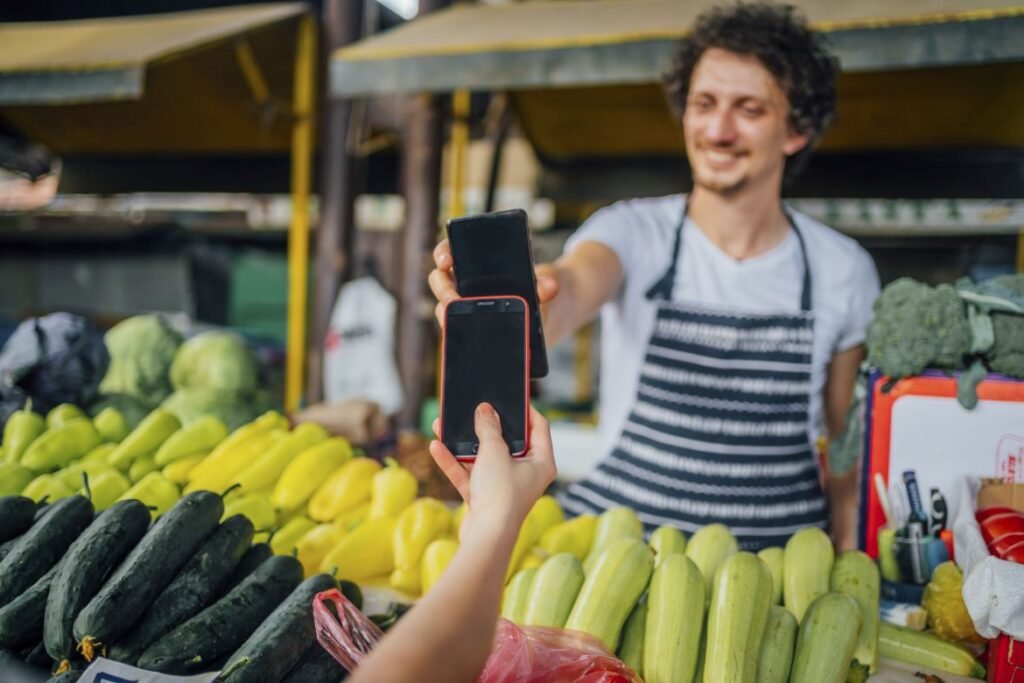Technology giant Apple has launched Tap to Pay on iPhone in eight new European countries in a move to enable millions of merchants to use iPhones to accept in-person contactless payments.
Tap to Pay on iPhone is now available in Belgium, Croatia, Cyprus, Denmark, Greece, Iceland, Luxembourg, and Malta, after Apple collaborated with a number of payment platforms, app developers, and payment networks.
Tap to Pay on iPhone enables businesses of any size to accept payments from contactless credit and debit cards, Apple Pay, and other digital wallets using only their iPhone and a partner-enabled iOS app, with no additional hardware or payment terminal required.
Using the technology, merchants can use any iPhone model from the iPhone XS onwards running the latest IOS version to accept payments. At checkout, the merchant can prompt the customer to hold their contactless credit or debit card, iPhone, Apple Watch, or other digital wallet near the merchant’s iPhone, and the payment will be securely completed using NFC technology.
Apple is also working alongside payment platforms and app developers across the payments and commerce industry to offer Tap to Pay on iPhone, enabling them to integrate the solution into their iOS apps.
Can digital wallet security keep up?
While companies and SMEs currently grappling with outdated POS systems will undoubtedly welcome the news, this major development has some asking how the security of our digital wallets can keep pace.
“The global payments market is undergoing a fascinating shift with digital wallets taking centre stage,” said Nick France, CTO of Sectigo, a digital certificates management company, in reaction to the news. “While the convenience of tapping and paying is undeniable, it’s crucial to remember that we’re in an all-or-nothing era for digital identities. We are either in a state of complete security or a rotting foundation. Weak digital identities are the chink in the armor of digital wallets. A compromised login exposes an entire financial ecosystem – bank accounts, loyalty programmes, potentially even crypto holdings – all housed within the wallet.
“Digital wallets expose a treasure trove of financial data if not secured properly. Lost phones with weak PINs, malware, social engineering scams, and even seemingly secure biometric authentication can be compromised with sophisticated spoofing techniques. To truly unlock the potential of these payment methods, a multi-pronged approach is necessary. Collaboration between financial institutions, technology providers, and regulators is essential to develop and implement robust security protocols that safeguard not just the wallets, but the digital identities that underpin them.”
Apple says that privacy is fundamental in the design and development of all of Apple’s payment features. It also says, with Tap to Pay on iPhone, it protects its customers’ payment data with the same technology that makes Apple Pay private and secure. It also encrypts all transactions using Tap to Pay on iPhone, meaning Apple doesn’t know what consumers purchase.

